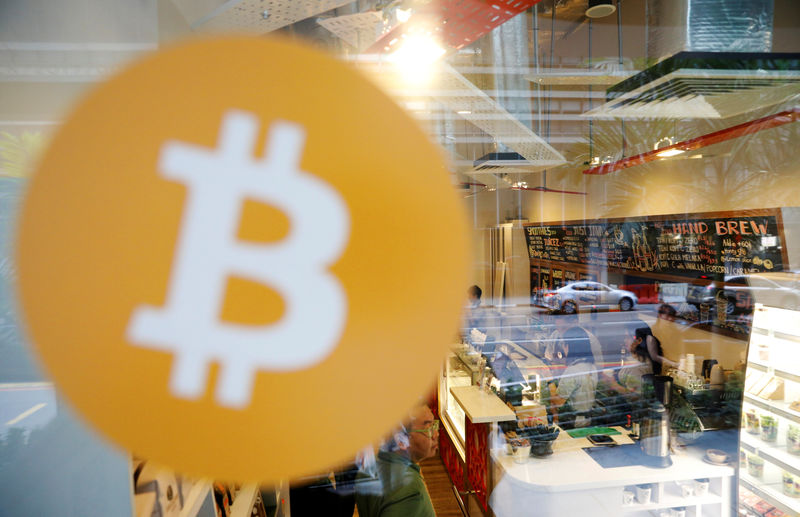Whether it’s a VPN or a controlled pharmaceutical, chances are you can buy it somewhere for Bitcoin. Soon after its inception, Bitcoin became the go-to currency and payment method whenever anonymity was desirable. That trust still exists – but it can easily get consumers in deep trouble.
In reality, Bitcoin isn’t anonymous by design and the advent of blockchain analysis software takes the idea even further from the truth. Does that mean you should ditch it altogether? Of course not but there are things you should know before using Bitcoin to pay for anything shady.
Anonymous vs pseudonymous
Yes, there’s something to the idea that Bitcoin is anonymous. For one thing, neither the addresses you make transactions to, nor the transactions themselves require your personal information. Moreover, the transactions happen within a peer-to-peer (P2P) network, where data is sent to random nodes (on May 15, 2019, there were 9,471 of them).
This makes tracking the money hard, but by no means impossible. Bitcoin is similar to a chatroom: you’re anonymous until your secret identity is tied to your real one. In a chatroom, you hide behind your nickname, whereas on the Bitcoin blockchain you’re a list of character strings that constitute your address. Each address is unique to a transaction you’ve received (approx. 550,000 used each day in May 2019), but together they paint a vivid picture of your activities and can tie them back to your identity.
At the epicenter of the Bitcoin anonymity issue is one of its most important aspects - its transparent nature. Anyone can see each of the 400,000,000+ Bitcoin transactions that have ever been made, and each of these transactions contains a record of the path the money has traveled. Therefore, deanonymizing you is a matter of connecting the dots between you and your transactions.
Losing your privacy
There are many ways to find out who’s behind a Bitcoin payment:
- Determining what IP address a transaction came from
Controlling a number of nodes on the peer-to-peer (P2P) Bitcoin network may allow government agencies or o...
